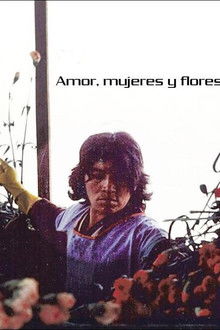Why is the price of a banana from Central America only a third of that of an apple from Michigan? This documentary attempts to answer that question by examining the supply chain between Central America and the US, and uncovering the violence that has enabled the banana industry for more than a century.
Related Movies
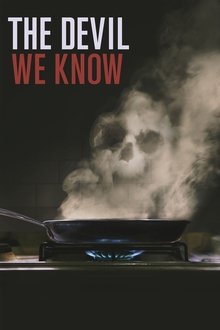
The Devil We Know (2018)
Unraveling one of the biggest environmental scandals of our time, a group of citizens in West Virginia take on a powerful corporation after they discover it has knowingly been dumping a toxic chemical — now found in the blood of 99.7% of Americans — into the local drinking water supply.

A Healthy Baby Girl (1997)
Filmmaker Judith Helfand turns the camera on herself to document her battle with cancer caused by DES, a drug prescribed to her mother during pregnancy. Refusing to confine the tears, rage, laughter and hope to dinner table conversations, Helfand invites us to witness her personal journey from radical hysterectomy patient to vocal opponent of toxic exposure. From her suburban home to the halls of Congress, the intensely private becomes widely public, and an American family is transformed and strengthened.
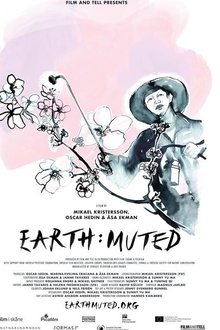
Earth: Muted (2021)
Three farming families in Hanyuan, China, strive to give their children a good life in the midst of an ecological crisis, as widespread use of pesticides leads to a dramatic decline in bees and other pollinating insects in the valley.

Nuclear Savage: The Islands of Secret Project 4.1 (2011)
A shocking political exposé, and an intimate ethnographic portrait of Pacific Islanders struggling for survival, dignity, and justice after decades of top-secret human radiation experiments conducted on them by the U.S. government.
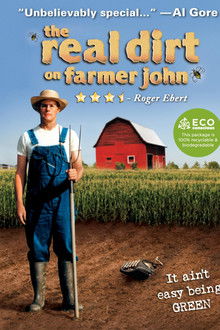
The Real Dirt on Farmer John (2006)
An outcast in his community, Farmer John bravely stands amidst a failing economy, vicious rumors, and violence. By melding the traditions of family farming with the power of art and free expression, this powerful story of transformation and renewal heralds a resurrection of farming in America. Through highly personal interviews and 50 years of beautifully textured footage, filmmaker Taggart Siegel shares Farmer John’s haunting and humorous odyssey, capturing what it means to be wildly different in a rural community.
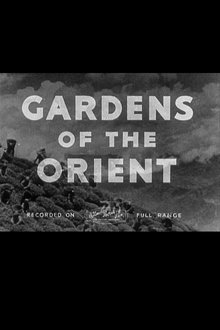
Gardens of the Orient (1936)
This portait of life on the tea plantations is decidedly rosy – clearly, there are no exploited workers here. However, the film provides an intriguing overview of tea production – from the planting of tea seeds to the final shipping of the precious leaves across the globe.

Broken Rainbow (1985)
Documentary chronicling the government relocation of 10,000 Navajo Indians in Arizona.

Bananas!* (2009)
Juan “Accidentes” Dominguez is on his biggest case ever. On behalf of twelve Nicaraguan banana workers he is tackling Dole Food in a ground-breaking legal battle for their use of a banned pesticide that was known by the company to cause sterility. Can he beat the giant, or will the corporation get away with it?

The Harvest (La Cosecha) (2011)
The story of the children who work 12-14 hour days in the fields without the protection of child labor laws. These children are not toiling in the fields in some far away land. They are working in America.
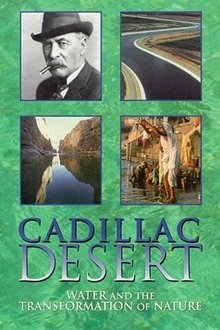
Cadillac Desert: Water and the Transformation of Nature (1997)
Documentary on water usage, money, politics, the transformation of nature, and the growth of the American west, shown on PBS as a four-part miniseries.
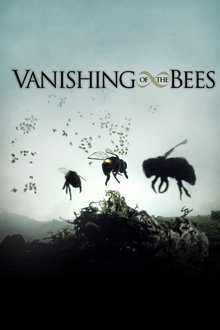
Vanishing of the Bees (2009)
This documentary takes a piercing investigative look at the economic, political and ecological implications of the worldwide disappearance of the honeybee. The film examines our current agricultural landscape and celebrates the ancient and sacred connection between man and the honeybee. The story highlights the positive changes that have resulted due to the tragic phenomenon known as "Colony Collapse Disorder." To empower the audience, the documentary provides viewers with tangible solutions they can apply to their everyday lives. Vanishing of the Bees unfolds as a dramatic tale of science and mystery, illuminating this extraordinary crisis and its greater meaning about the relationship between humankind and Mother Earth. The bees have a message - but will we listen?
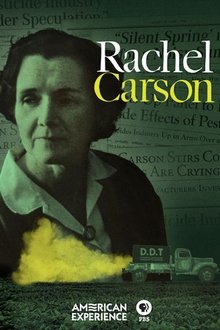
Rachel Carson (2017)
An intimate portrait of the woman whose groundbreaking books revolutionized our relationship to the natural world. When 'Silent Spring' was published in September 1962 it became an instant bestseller and would go on to spark dramatic changes in the way the government regulated pesticides.
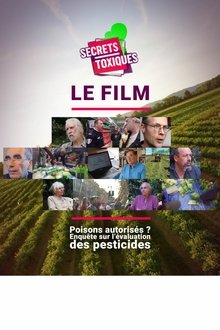
Secrets toxiques (2023)
Increase of chronic diseases, loss of biodiversity, extinction of bees... for a few years, the consequences of pesticides mass use are compelling public opinion. How to explain their effects on human health and biodiversity, whereas EU regulations forbid the spread of every harmful product ?
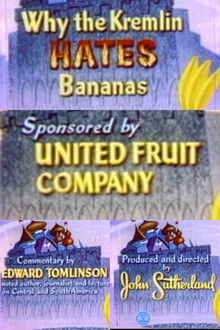
Why the Kremlin Hates Bananas (1953)
A propaganda short commissioned by the United Fruit Company on the benefits they bring to Central America, such as creating jobs and delivering educational opportunities, which is something the Soviet Union could never understand.
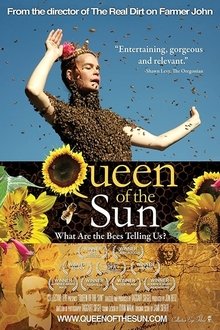
Queen of the Sun: What Are the Bees Telling Us? (2010)
In 1923, Rudolf Steiner, an Austrian scientist, philosopher & social innovator, predicted that in 80 to 100 years honeybees would collapse. Now, beekeepers around the United States and around the world are reporting an incredible loss of honeybees, a phenomenon deemed "Colony Collapse Disorder." This "pandemic" is indicated by bees disappearing in mass numbers from their hives with no clear single explanation. The queen is there, honey is there, but the bees are gone. For the first time, in an alarming inquiry into the insights behind Steiner's prediction QUEEN OF THE SUN: What Are the Bees Telling Us? investigates the long-term causes behind the dire global bee crisis through the eyes of biodynamic beekeepers, commercial beekeepers, scientists and philosophers.
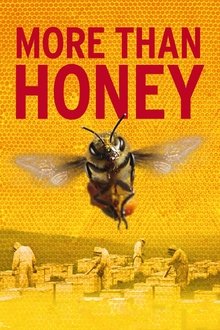
More Than Honey (2012)
With dazzling nature photography, Academy Award®–nominated director Markus Imhoof (The Boat Is Full) takes a global examination of endangered honeybees — spanning California, Switzerland, China and Australia — more ambitious than any previous work on the topic.

Made in L.A. (2007)
Made in L.A. follows the remarkable story of three Latina immigrants working in Los Angeles garment sweatshops as they embark on a three-year odyssey to win basic labor protections from a mega-trendy clothing retailer. In intimate verité style, Made in L.A. reveals the impact of the struggle on each woman's life as they are gradually transformed by the experience. Compelling, humorous, deeply human, Made in L.A. is a story about immigration, the power of unity, and the courage it takes to find your voice.

